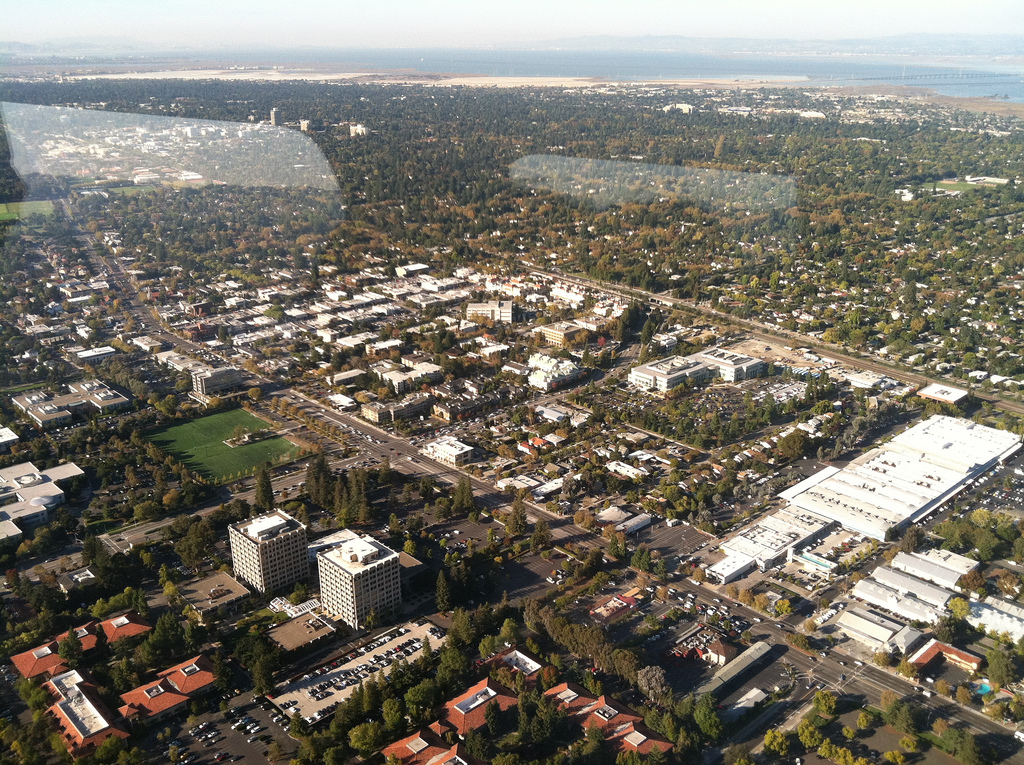These days many believe that Europe’s economy and its major corporations are stagnant, simply trying to fight the recession to survive. It turns out that this is far from reality. Increasingly, executives from major European corporations are traveling the world in search of new business opportunities . In their search for growth, many end up spending time in Silicon Valley to learn more about innovation and entrepreneurship, and some stay there for years. But what exactly are they doing there?

Take the example of Siemens, the giant engineering company headquartered in Germany. Siemens has been present in Silicon Valley for about 15 years through its Siemens Venture Capital business unit. The unit identifies early stage innovative companies that have the potential to impact Siemens’ core business and invests in their equity. In these 15 years, they have invested in about 150 ventures (many based in Silicon Valley, but not all), and contributed to the capital of about 40 venture capital funds. Through these activities Siemens closely tracks relevant innovations and, in some cases, competes with other corporate venture capital programs to establish a privileged relationship with cutting-edge startups. An interesting variation of this model is the one that Alstom, Schneider Electric and Solvay have developed when they joined forces to pool their corporate venture capital activities under one roof and made investments in Silicon Valley.

Other European companies have taken a very different approach in Silicon Valley. For example, automotive companies such as Renault-Nissan and Volkswagen have set up advanced research centers to carry out R&D there, both in-house and in collaboration with Silicon Valley firms and research institutes. After Silicon Valley powerhouses such as Google invested in developing futuristic concepts such as autonomous driving (cars that “drive themselves”), European automotive companies have sent their own engineers to Silicon Valley to not only learn about these new developments, but also to shape them by initiating their own research programs that make funding available to their local R&D partners. Siemens also has a program aimed at developing Silicon Valley technologies into larger business opportunities.
What these European firms’ interest in Silicon Valley reveals is that far from being stagnant , they are making investments in innovations that have the potential to shape their core business for years to come. More broadly, their investments indicate that large industrial corporations increasingly appreciate the value of Silicon Valley’s unique process of innovation , which entrepreneurial ventures there have mastered better than anywhere else.

